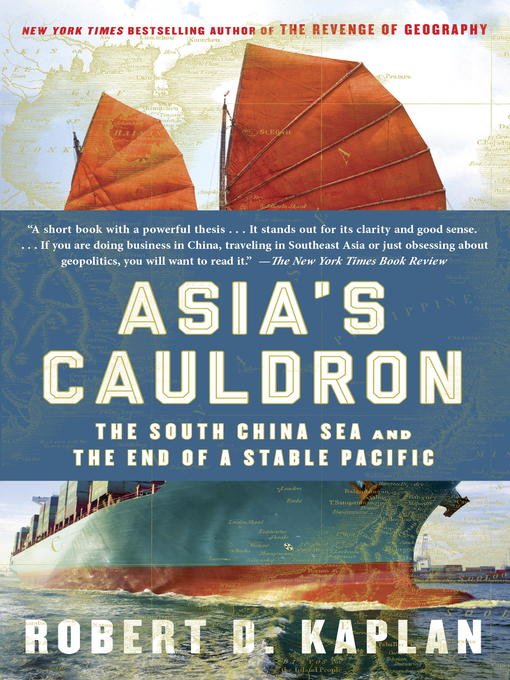- All eBooks
- Fiction eBooks
- Nonfiction eBooks
- New eBook Additions
- New Kids Additions
- New Teen Additions
- Available now
- Try something different
- See all ebooks collections
- All Audiobooks
- Fiction Audiobooks
- Nonfiction Audiobooks
- New Audiobook Additions
- New kids additions
- New teen additions
- Most Popular Audio
- Available now
- Try something different
- See all audiobooks collections
- Let's Get Cooking!
- News and Politics
- Celebrity Magazines
- Newly Added Magazines
- All Magazines
- See all magazines collections


